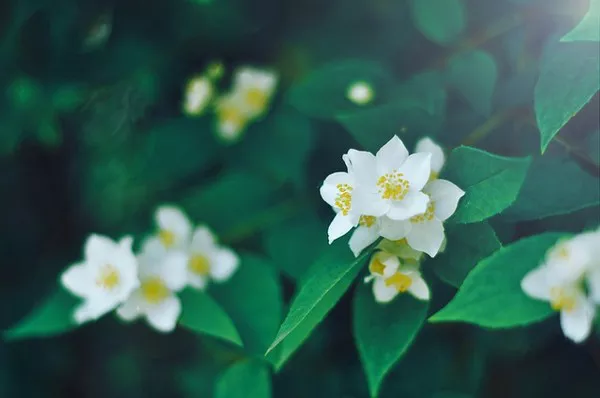Mester Grønn, in collaboration with Stora Enso, has introduced a plastic-free transportation tray for plants, known as the PureFiber™ Horti tray. This sustainable alternative, made from formed fiber, is set to significantly reduce carbon emissions compared to traditional plastic trays, and the flower industry anticipates a positive impact on its environmental footprint.
Erling J. Ølstad, CEO of Mester Grønn, underscores the industry’s commitment to environmental responsibility, stating, “We need to become greener; we are representing a green industry, so we can’t be playing against nature; we have to be on the same team.”
Mester Grønn, Norway’s largest wholly-owned flower chain boasting over 143 flower shops, recognizes the need to reduce plastic usage in the floral industry. The challenge stems from the industry’s dependence on water to nurture plants, which necessitates water-resistant materials for transporting and growing plants. While plastic excels in this regard, it contributes to excessive plastic consumption, often in the form of carbon black plastic, which presents recycling challenges due to its low visibility during sorting.
Rethinking Transportation Trays: A Shift Away From Plastic
With an objective to minimize plastic usage, Mester Grønn turned its attention to single-use plastic transportation trays used for conveying plants from growers to flower shops. Collaborating with Stora Enso, they sought a sustainable alternative that met three crucial criteria:
Stiffness and Resilience: The tray needed to maintain rigidity under both dry and humid conditions.
Efficiency in Logistics: It had to adhere to industry standards, ensuring compatibility with existing supply chains.
Water Resistance: The material had to withstand exposure to water.
The Introduction of the PureFiber Horti Tray
Exploring alternative materials for transportation trays has been a recurring endeavor, but challenges arise in maintaining the required stiffness, as trays made from cartons and paper tend to lose their integrity when exposed to water. Stora Enso proposed PureFiber, a molded fiber offering the strength required to transport plants in humid conditions.
After three years of rigorous development, involving four prototypes and extensive testing, the PureFiber Horti tray by Stora Enso was born. It is not only plastic-free but also PFAS-free and manufactured in Sweden from sustainably sourced Nordic wood fiber, utilizing 100% bioenergy.
A comprehensive Life Cycle Analysis (LCA) comparing the PureFiber Horti tray to other trays on the market underscores its climate-friendly attributes. The production of the PureFiber Horti tray extracts 45-80% fewer fossil resources from nature than single-use plastic trays, even when compared to trays made from recycled plastic. The study also demonstrates that the PureFiber Horti tray reduces CO2 emissions by 56-81% in comparison, with variations attributable to differences in logistics and waste management practices in the regions studied.
Mari Bøhm Telle, part of Mester Grønn’s marketing team, expresses optimism about the potential impact of this innovation on the entire European flower industry, stating, “We are very happy about the results. It could make a difference for the whole flower industry in Europe; that’s what we are hoping!”
Collaboration and Innovation
Unlike prior attempts with paper-based alternatives, the PureFiber Horti tray fulfills all the desired criteria. Erling J. Ølstad commends the collaboration with Stora Enso, emphasizing their dedication to turning ideas into reality. He notes, “Working with Stora Enso on this has been fantastic. They know how to make an idea a reality. They are thorough, have resources, and go the extra mile.”
Enhancing Value for Growers: Embracing Reusability
In a move that benefits both growers and the environment, Mester Grønn has adopted a tray reuse strategy. Previously, transportation trays were discarded after a single use, but now they are repurposed, offering growers a more favorable pricing structure.
Mari Bøhm Telle sums up this approach, saying, “They get a good price, and we get a cycle of reusage. It’s a win-win!”


